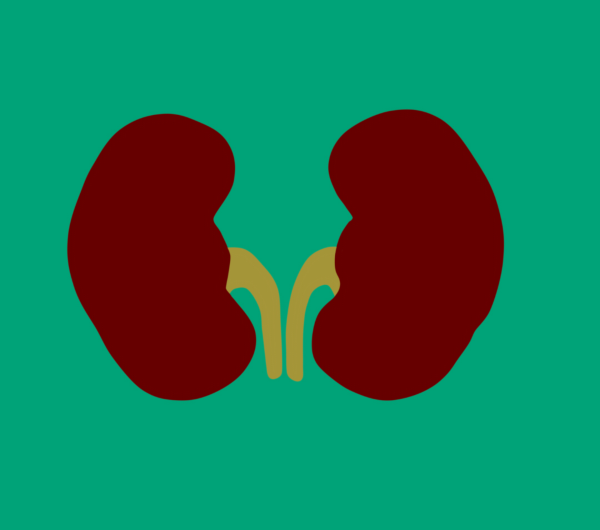
La litiasis o nefrolitiasis renal es la formación de cálculos renales dentro del sistema urinario superior, estos se producen por el aumento excesivo de sales y minerales que se concentran en la orina, se pueden formar a nivel de las vías urinarias, vejiga y uréteres.

Nuestros riñones son órganos muy importantes y parte de nuestra vida, se encargan de filtrar la sangre y de eliminar los desechos tóxicos de nuestro cuerpo, además de eso producen hormonas y regulan la hidratación de nuestro cuerpo.


Entre los principales factores de riesgo se encuentran; el consumo excesivo de sal y azucares, el no consumir suficiente agua puede aumentar el riesgo, la obesidad, antecedentes familiares, por medicamentos, o por ciertas infecciones de tracto urinario, diabetes.

Dependiendo del tamaño del cálculo lo síntomas pueden variar, se puede presentar el cólico nefrítico este se caracteriza por un dolor intenso que se extiende desde la parte baja de la espalda hasta el abdomen y genitales, vómitos, sudoración, dolor al miccionar, hematuria es decir presencia de sangre en la orina, fiebre, orina de color turbio.
.png)

.png)
Se puede diagnosticar a través de diferentes pruebas de imagen como por ejemplo la ecografía, y la radiografía simple de abdomen, además de algunas pruebas de laboratorio.


Cuando la litiasis renal provoca obstrucción podría llegar a ocasionar ciertas complicaciones como insuficiencia renal aguda, cólico nefrítico séptico, carcinoma epidermoide, y consigo mismo la perdida de la función renal.

Para prevenir esta enfermedad es recomendable consumir aproximadamente entre 2 a 3 litros de agua diarios, evitar el consumo excesivo de sal, reducir el consumo de carnes rojas y embutidos, consumir frutas y llevar a cabo una alimentación balanceada.

ENGLISH
The renal lithiasis or nephrolithiasis is the formation of kidney stones within the upper urinary system, these are produced by the excessive increase of salts and minerals that are concentrated in the urine, they can form at the level of the urinary tract, bladder and ureters.
Our kidneys are very important organs and part of our life, they are responsible for filtering the blood and eliminating toxic waste from our body, in addition to that they produce hormones and regulate the hydration of our body.
Among the main risk factors are; the excessive consumption of salt and sugars, not consuming enough water can increase the risk, obesity, family history, due to medications, or due to certain urinary tract infections, diabetes.
Depending on the size of the stone, the symptoms may vary, nephritic colic may occur, this is characterized by intense pain that extends from the lower back to the abdomen and genitals, vomiting, sweating, pain when urinating, hematuria that is presence of blood in the urine, fever, cloudy colored urine.
It can be diagnosed through different imaging tests such as ultrasound, and simple abdominal X-ray, in addition to some laboratory tests.
When renal lithiasis causes obstruction, it could lead to certain complications such as acute renal failure, septic nephritic colic, squamous cell carcinoma, and with itself the loss of kidney function.
To prevent this disease, it is advisable to consume approximately 2 to 3 liters of water daily, avoid excessive consumption of salt, reduce the consumption of red meat and sausages, consume fruits and carry out a balanced diet.

La información que acabas de leer es de mi aprendizaje en las prácticas del hospital Dr. Luís Gómez López.
El separador que acabas de ver es de mi autoridad. Las imágenes que acabas de apreciar son de mi autoridad. / The separator you just saw is from my authority. The images you just appreciated are my authority.

Muchas gracias a por todos leerme!/Thank you very much to all for reading!
Estudiante de enfermería/Nursing student.

Su post ha sido valorado por @ramonycajal
Muchas gracias!
Congratulations @marile21! You have completed the following achievement on the Hive blockchain and have been rewarded with new badge(s) :
Your next target is to reach 8000 upvotes.
You can view your badges on your board and compare yourself to others in the Ranking
If you no longer want to receive notifications, reply to this comment with the word
STOPCheck out the last post from @hivebuzz:
Support the HiveBuzz project. Vote for our proposal!